Although Denmark isn't one of the world's largest producers of farmed salmonids—such as nations like Norway, Scotland and Chile—Denmark's aquaculture industry has been on the rise, with annual exports of farmed fish worth over 200 million euros. For now, however, that rise seems to be stalled, as Denmark's environmental minister recently announced a halt to permitting for all new sea-based fish farms as well as the expansion of existing farms, citing environmental concerns.
On Monday, Lea Wermelin, Danish Environment Minister, said "Denmark has reached the limit of how many fish can be farmed at sea without risking the environment ... We must be a green pioneer, when it comes to fish farming, and therefore we must focus on sustainable development of the aquaculture sector."
The move seems to be a declaration of Wermelin's intent to deny any future operations the necessary approval to move forward, as opposed to legislation formally banning sea-based fish farming in Denmark.
The Danish government's new policy is also not expected to impact Denmark's existing sea-based fish farming operations, which produce mainly farmed rainbow trout.
This new, de facto policy may represent an opportunity for Denmark's land-based fish farming operations which industry journal Fish Farmer described as "at the forefront of technology developments in land based farming." Land-based producer Danish Salmon just logged its first profitable year after 7 consecutive years in the red, declaring that it now has its "technology in order."
Aquaculture industry representatives have been highly critical of the government's new policy, but Wermelin has defended the decision, saying "We have major challenges with oxygen deficiencies, and we can see that nitrogen emissions are not falling as expected. Therefore, it is the government’s position that there is no room for more or larger facilities in Denmark."
Open-water fish farming and hatcheries are the focus of the recent Patagonia documentary Artifishal, which highlights the high costs – ecological, financial and cultural – of the aquaculture industry on natural ecosystems and wild fish stocks.



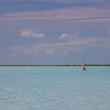

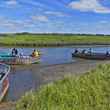
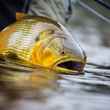




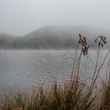
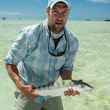
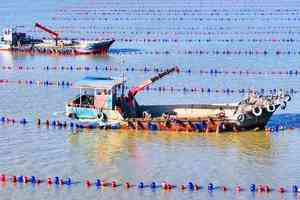
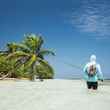

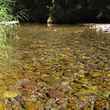




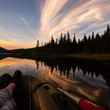
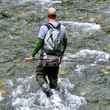



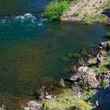
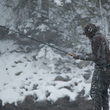
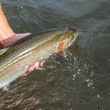
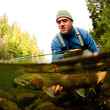
Comments